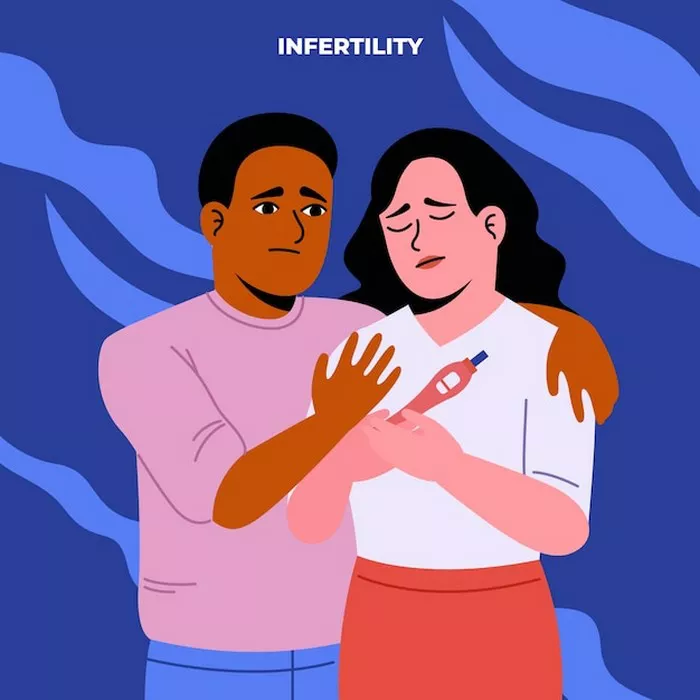A recent report released by the National Academies of Sciences, Engineering, and Medicine has shed light on several concerns regarding the Moderna and Pfizer COVID-19 vaccines. Addressing widespread apprehensions, the report meticulously examines over a dozen potential adverse effects associated with the vaccines, offering clarity amidst a climate of uncertainty.
One of the main findings of the report concerns myocarditis and pericarditis, inflammations of the heart muscle and its surrounding lining, respectively. Although cases have been rare, particularly among young males following the second dose, the report affirms that most individuals affected by these conditions respond well to treatment and experience swift recovery.
Crucially, the report dismisses assertions linking the COVID-19 vaccines to Guillain-Barré syndrome, a rare autoimmune disorder attacking the nervous system. Similarly, evidence refutes claims of vaccine-induced infertility or Bell’s palsy, a condition characterized by sudden facial muscle weakness.
Furthermore, the report debunks concerns regarding thrombosis with thrombocytopenia syndrome (TTS) and heart attacks, assuring the public that there is no substantial evidence supporting such associations.
However, the report also acknowledges areas where evidence remains inconclusive. Despite extensive global research efforts, uncertainties persist regarding potential links between the vaccines and conditions such as chronic headache, tinnitus, capillary leak syndrome, and sudden death.
Anne Bass, Vice Chair of the committee from Weill Cornell Medicine, underscored the challenges in establishing definitive causality, stating, “Despite a large body of evidence from extraordinary efforts by investigators around the world, our committee found that in many cases, if not most, evidence was insufficient to accept or reject causality for a particular potential harm from a specific COVID-19 vaccine.”
As vaccine hesitancy continues to pose a significant hurdle in combating the pandemic, the report serves as a critical resource in dispelling misinformation and fostering informed decision-making regarding COVID-19 vaccination.























